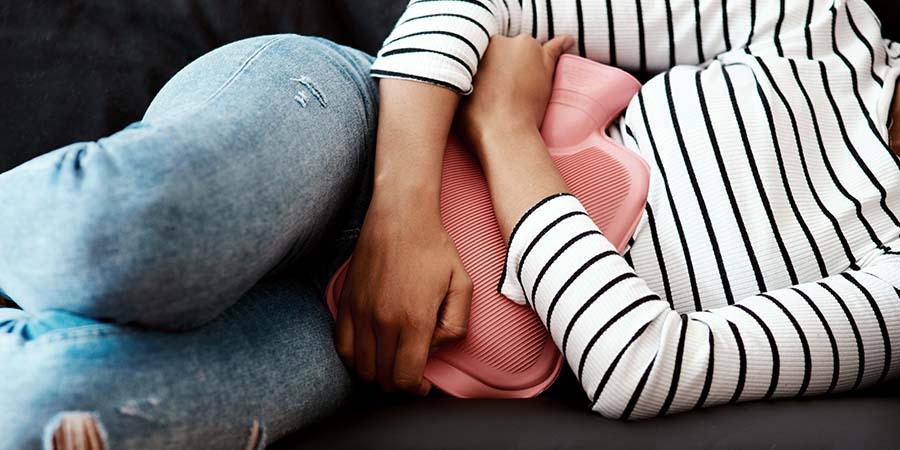What you need to know about diverticulitis
November 2, 2021
The second most common gastrointestinal-related reason for hospital admission isn’t being talked about enough, says Joseph DiRocco, MD, MBA, FACS, Director of Gastrointestinal Oncology for the Sandra & Malcolm Berman Cancer Institute at GBMC.
Diverticulitis is a disease of the colon, caused by the rupture of little pouches called diverticula that can form on the wall of the colon.
Dr. DiRocco explains, “While the pouches generally aren’t harmful, when they burst leading to inflammation or infection, they can cause a great deal of pain.”
He says the severity of pain can range from a simple nuisance to abdominal pain severe enough to require emergency surgery.
Risk factors
Dr. DiRocco says little is known about what causes diverticulitis. “It can be linked through familial or hereditary connections, but no exact gene has been identified.”
The presence of diverticula - and the subsequent risk of diverticulitis - is much more common in people over the age of 40. However, Dr. DiRocco says cases in younger adults are becoming more prevalent.
“This is a disease that wasn’t even described 300 years ago, and now it’s affecting people from the age of 20 on, at rapidly increasing rates. It spans the spectrum of ages and genders,” he says.
Other risk factors for diverticulitis include:
- Being overweight
- Smoking cigarettes
- Not getting enough exercise
- Regular use of certain drugs, such as opioids, aspirin and ibuprofen
Symptoms
You can have diverticulitis and not know it. Some mild symptoms may include pain in the left side of the abdomen that goes away after passing gas or a bowel movement, but diverticulitis can present more severe symptoms, too.
“Lower abdominal pain that doesn’t go away, tenderness, change in bowel habits, and sometimes a fever are all common symptoms of diverticulitis,” Dr. DiRocco says. More extreme cases may lead to bowel obstruction, which can cause distention, nausea, and vomiting.
Treatment
Most minor cases of diverticulitis are treated with bowel rest (following a low-fiber or liquid diet) to let your intestines heal. In some cases, you may be prescribed antibiotics to help treat the infection. If left untreated, Dr. DiRocco says diverticulitis can lead to complications that require surgery.
While the goal is to attempt to treat the disease without surgery, Dr. DiRocco explains that GBMC utilizes minimally invasive surgical techniques, such as robotic or laparoscopic surgeries, that cause less pain, have fewer complications, and allow the patients to make a much quicker recovery.
If you have any questions or concerns about the risk of diverticulitis, or if anything feels off, see your primary care physician as soon as possible.








